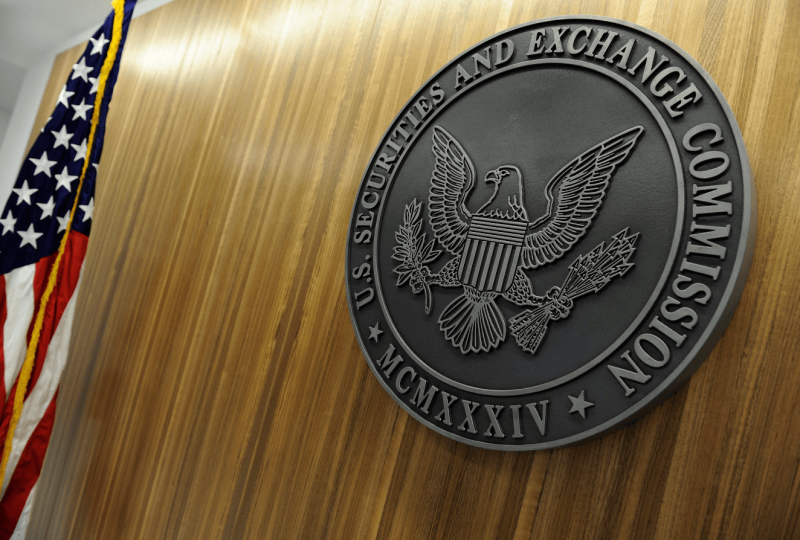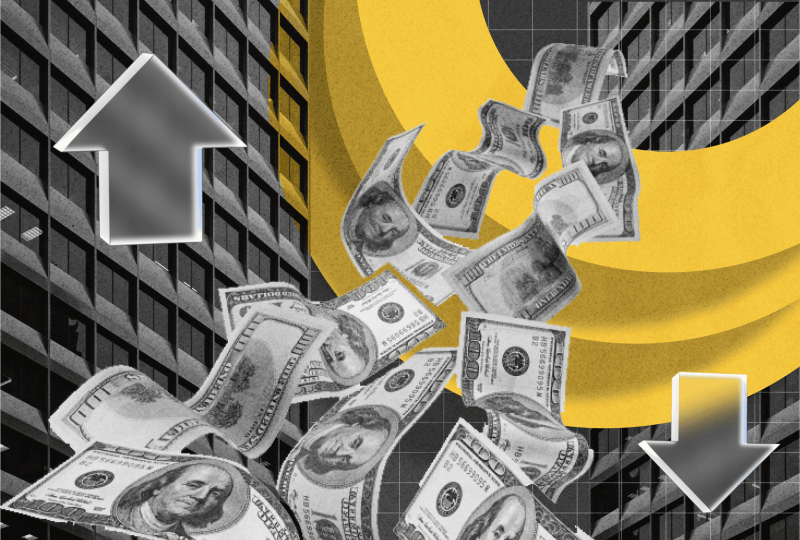What SEC Action on Robinhood Would Mean For Citadel
Sep 8 , 2021

Robinhood's largest purchaser of its orders is Chicago-based Citadel Securities, sister company of prominent hedge fund Citadel.
After US Securities and Exchange Commission Chairman Gary Gensler indicated a comprehensive prohibition on paying for order flow is “on the table,” Robinhood Markets Inc. continued to fall.
After Gensler told that paying for order flow — where brokerages direct consumer orders to trading companies and earn fees in return — has "an inherent conflict of interest," Robinhood dipped approximately 0.8 percent to $43.31 as of 10:28 a.m. in New York on Tuesday.
Gensler has previously made similar arguments about the technique, which has been scrutinized by policymakers in Washington for months as a result of the run-up of meme stocks like GameStop Corp. Even yet, any talk of an outright ban might frighten investors, in part because paying for order flow accounts for a large portion of Robinhood's income: payments for its clients' stock, options, and cryptocurrency transactions accounted for nearly 80% of the company's second-quarter revenue.
Citadel Securities, located in Chicago, is Robinhood's largest order buyer. For the trading orders on which it generates money, the sibling business of famous hedge fund Citadel relies on brokers. That sector has exploded in recent years, thanks to the advent and meteoric rise of startup brokerages like Robinhood, which don't charge customers to trade and instead make the majority of their money by charging businesses like Citadel Securities for order flow.
Eliminating such fees may jeopardize or terminate the "no-cost" brokerage model that has attracted a slew of new traders to the market, as well as lower the volumes on which Citadel and its competitors rely.
A representative for the Citadel declined to comment.
Some politicians have questioned if this encourages businesses to push consumers to participate in excessive buying and selling because brokers like Robinhood benefit from selling deals. Gensler said in a Monday interview with the online news magazine that it allows market makers to have a "first look" at transaction data, which may lead to undue advantages.
According to Gensler, countries such as the United Kingdom have already outlawed payment for order flow. Some in the financial sector have questioned whether the SEC would require further congressional power to outright prohibit the practice.
Making major changes to the system, according to Jaret Seiberg, a policy analyst at Cowen Inc., would be tough.
“Gensler has other priorities, and given the intricacy of the problem and the tangled politics that surround payment for order flow, he is unlikely to intervene directly against payment for order flow,” Seiberg wrote in a note.
What Bloomberg Intelligence Says:
“He didn't rule out outlawing PFOF, but we don't think he's very keen on doing so, preferring instead to make changes as early as 4Q. PFOF has been shown in studies to result in advantageous pricing for ordinary investors, therefore regulation to ensure effective execution is more plausible than a ban.”
—Julie Chariell, BI senior industry analyst for fintech




